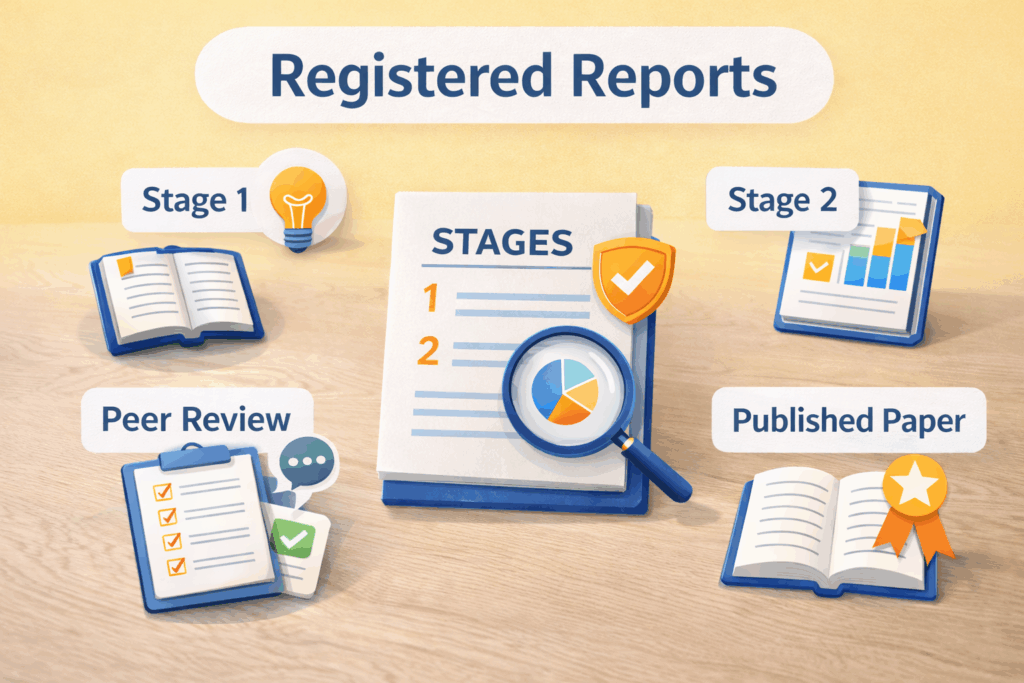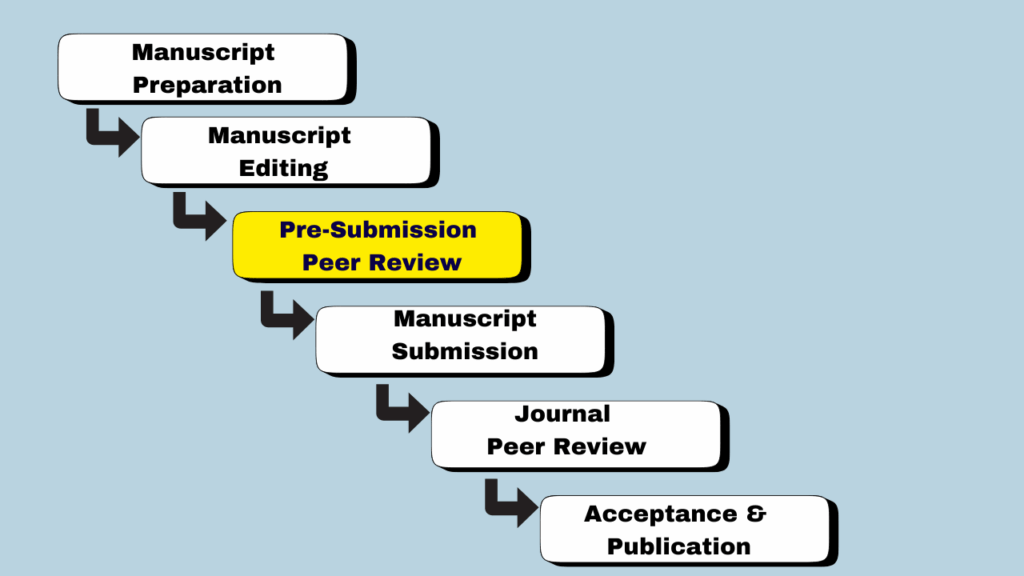How the Monster Jury helped me deal with peer review better

If I were asked to think about the most emotional peer review process in my life, I would surely reimagine in front of me those three reviewers that I still call The Monster Jury. Months before meeting up with the Jury, I had produced a wonderful research article with my brilliant team. The article drew on a multidisciplinary approach, our data was rich, and our complex analyses offered a real contribution to our field. As I pressed the ‘submit’ button, I could have not felt more proud.
Five months later, I heard my email notification: Ping! The reviews were in!
I must admit that as a young academic, receiving a decision from a journal stirs up some strong emotions. With trembling hands I read the editor’s decision: Major revisions! Not a rejection, yay! But as I kept reading the reviewer comments, my initial joy soon turned into disappointment.
Jury 1 had completely misunderstood our major points – but I instantly realized why; we had not structured our arguments cohesively. Jury 1 was not to blame for that. Jury 2, on the other hand, was not pleased with our approach. Instead, Jury 2 let us know that our theoretical framework was insufficient, our data collection procedure flawed, and our analysis lacked scientific rigor. Finally, Jury 3 pointed out so many substantial flaws in our very approach that I instantly closed the email. And shut down my computer.
The worst part about the comments by The Monster Jury was not that I had to deal with a variety of emotions in order to process the comments. No, these comments seemed to address my deepest core as a researcher. They pointed out flaws in my identity as an educational researcher. I felt that the Jury had not rejected my article but had certainly rejected my identity as a certain kind of a researcher! This was a deep blow for me.
During the next month, I did my best to avoid working on the comments. I had fun with my friends, started new writing projects, travelled to the other side of the world, and thought about leaving academia. You know, the things you do when you are faced with a really uncomfortable situation…I did all of that.
But as the deadline approached, I finally had to sit down and start working on the revision. How did I manage? One day I hardened my heart and opened my computer. I started working like a robot. By dividing the comments into smaller bits, I completed one technical task after another. My mental state and approach at this time was the same one I have while I’m jogging: Just keep on running, do not think about it; let another Lady Gaga song play in the background. Don’t stop!
The main takeaway of this process was that receiving feedback and acting upon it required me to not only to handle my emotions but to handle my identity as a researcher. I had to use a critical approach through which I did not just let any comment become a part of or influence my unique identity; rather, I remembered that the comments by the Jury concerned my work. This approach has helped me a lot since then. These days I actively take the notion of identity into account while acting upon reviewer comments!




International Mother Language Day: Rethinking Peer Review
February 19, 2026